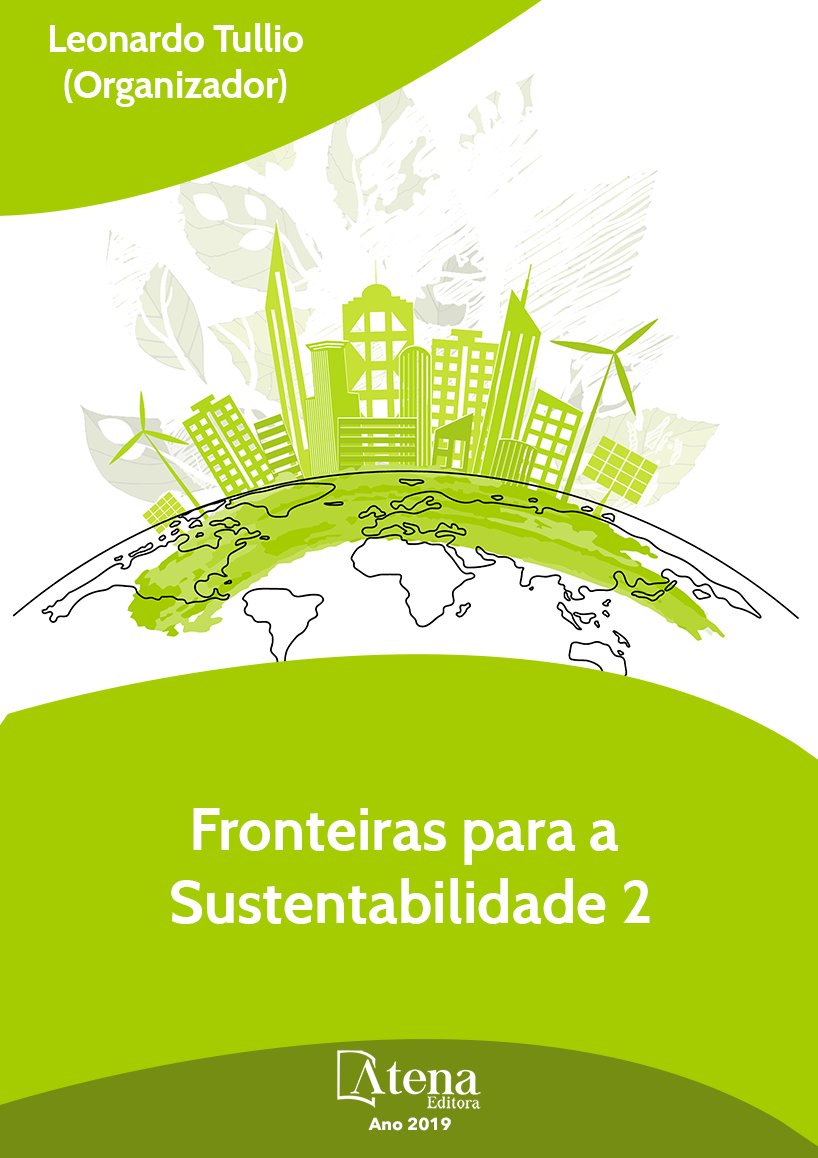
TOLERÂNCIA DE CULTIVARES DE SOJA À TOXICIDADE DE ALUMÍNIO
As cultivares de soja possuem distintos níveis de tolerância aos efeitos fitotóxicos do alumínio (Al3+) e a exploração dessa característica é importante para o uso de solos ácidos da região do Cerrado. Esta pesquisa foi realizada para investigar os efeitos do alumínio na germinação e no crescimento inicial de 25 cultivares de soja [Glycine max (L.) Merrill] pelo método da papel-solução, e identificar os cultivares mais tolerantes e suscetíveis à toxicidade de Al3+. À toxicidade de alumínio foi imposta pela exposição das sementes em uma solução diluída contendo 15 μmol L–1 de Al3+, combinada com 1250 μmol L–1 de cálcio. O pH da solução contendo Al3+ foi ajustado para 4,3 com HCl 0,5 mol L–1. O delineamento experimental utilizado foi o inteiramente casualizado com quatro repetições de 25 sementes. Os tratamentos foram avaliados com base nos índices de tolerância de estresse (ITE) para a germinação das sementes, comprimento e matéria seca das plântulas. À toxicidade de Al3+ reduziu a taxa de germinação e o crescimento inicial de todas as 25 cultivares de soja. As cultivares TMG 7061 IPRO, TMG 7063 IPRO, TMG 7067, HO Paranaíba IPRO e NS 7505 IPRO são as cultivares mais indicadas para serem cultivadas em solos ácidos por terem maior tolerância à toxicidade de alumínio, e as cultivares RK 815 IPRO, RK 8317 IPRO e ST 777 IPRO são classificadas como suscetíveis à toxicidade do alumínio, e não devem ser recomendadas para o cultivo em solos ácidos.
TOLERÂNCIA DE CULTIVARES DE SOJA À TOXICIDADE DE ALUMÍNIO
-
DOI: 10.22533/at.ed.7311923129
-
Palavras-chave: Glycine max (L.) Merrill., acidez do solo, acidez trocável, índice de tolerância.
-
Keywords: Glycine max (L.) Merrill., soil acidity, exchangeable acidity, tolerance index.
-
Abstract:
Soybean cultivars have different levels of tolerance to aluminum phytotoxic effects (Al3+) and the exploitation of this characteristic is important for the use of acidic soils in the Cerrado region. This research was conducted to investigate the effects of aluminum on germination and initial growth of 25 soybean [Glycine max (L.) Merrill] cultivars by the paper-solution method, and to identify the most tolerant and susceptible cultivars of Al3+. Aluminum toxicity was imposed by exposure of the seeds to a dilute solution containing 15 μmol L–1 of Al3+ combined with 1250 μmol L–1 of calcium. The pH of the Al3+ containing solution was adjusted to 4.3 with 0.5 mol L–1 HCl. The experimental design was completely randomized with four replications of 25 seeds. The treatments were evaluated based on stress tolerance indices (STI) for seed germination, seedling length and dry matter. The Al3+ toxicity reduced the germination rate and initial growth of all 25 soybean cultivars. The cultivars TMG 7061 IPRO, TMG 7063 IPRO, TMG 7067, HO Paranaíba IPRO and NS 7505 IPRO are the most suitable cultivars to be grown in acidic soils because they have higher tolerance to aluminum toxicity, and the cultivars RK 815 IPRO, RK 8317 IPRO. and ST 777 IPRO are classified as susceptible to aluminum toxicity and should not be recommended for cultivation in acidic soils.
-
Número de páginas: 15
- Rogério do Carmo Cabral
- Kátia Cristina da Silva
- Fábio Steiner


